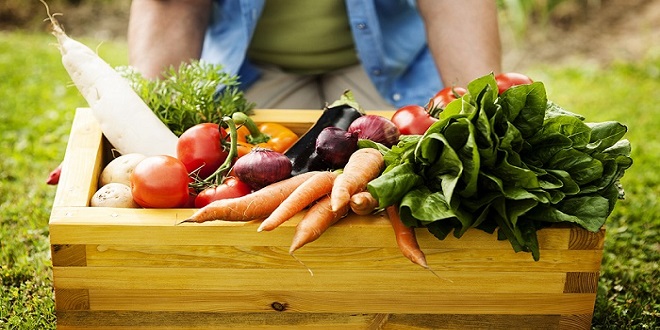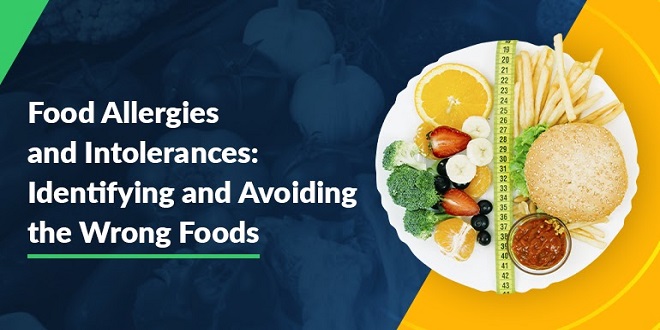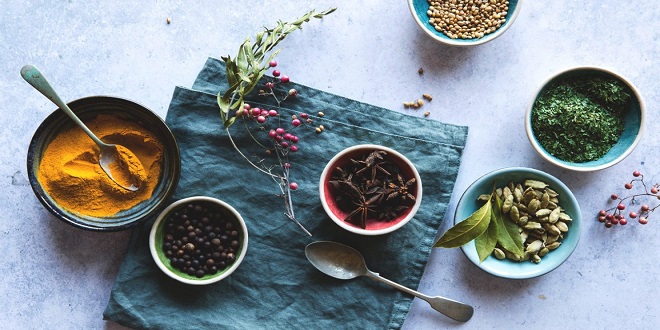Organic Foods What You Need to Know

Are They Worth the Cost?
Only a few decades ago, organic foods were found solely in health food stores or at farmers’ markets. Today, the organic industry’s annual growth is consistently outpacing the growth of total food sales and gaining its share of the market.
More than $28 billion worth of organic products are now sold in North America each year. Consumers are clearly willing to spend more money for organic foods, which have improved in quality and variety in recent years. But that are shoppers getting for the money?
THE MEANING OF ORGANIC
Organic food is produced by farmers who protect the environment for future generations by rotating crops (which promotes biological diversity), conserving and renewing the soil, and protecting sources of water. These crops are grown, handled, and processed without synthetic fertilizers, pesticides, or herbicides; artificial ingredients; or preservatives.
By law, organic food is not irradiated, and if the product is labeled “100% organic,” it also doesn’t contain genetically engineered ingredients. Organic meat, poultry, eggs, and dairy products come from animals that are given no antibiotics or growth hormones.
ARE ORGANIC FOODS MORE NUTRITIOUS?
In 2012, the Annals of Internal Medicine published an analysis of 240 research studies that compared the health effects of conventionally grown and organic crops. There were few differences. Other research, however, indicates that organic foods appear to have consistently higher levels of antioxidants, so the debate is sure to continue.
But remember, the “certified organic” label is not a nutrition claim, and just because a food is organic does not automatically mean it’s healthy. Organic meat is just as high in saturated fat as the conventionally raised kind, and organic sugar adds just as many calories as regular table sugar.
ARE ORGANIC FOODS SAFER?
While organic foods can still be contaminated with synthetic agricultural chemicals that persist in the soil or are introduced during warehousing, in one study of 94,000 food samples from more than 20 major food crops, sponsored by the nonprofit Consumers Union, organically grown foods had about one-third the residues of conventionally grown foods. But it’s unclear whether these residues are harmful to consumers.
ORGANIC BUYING GUIDE
Because organic food is typically more expensive, it makes sense to shop selectively. Although there is no evidence that fruits and vegetables with higher residues (as identified by nonprofit research groups such as Consumers Union and the Environmental Working Group) pose a hazard, selecting the organic versions of these foods is a logical place to start





